Home>Home Appliances>Laundry Appliances>How Long Does A Washing Machine Last On Average
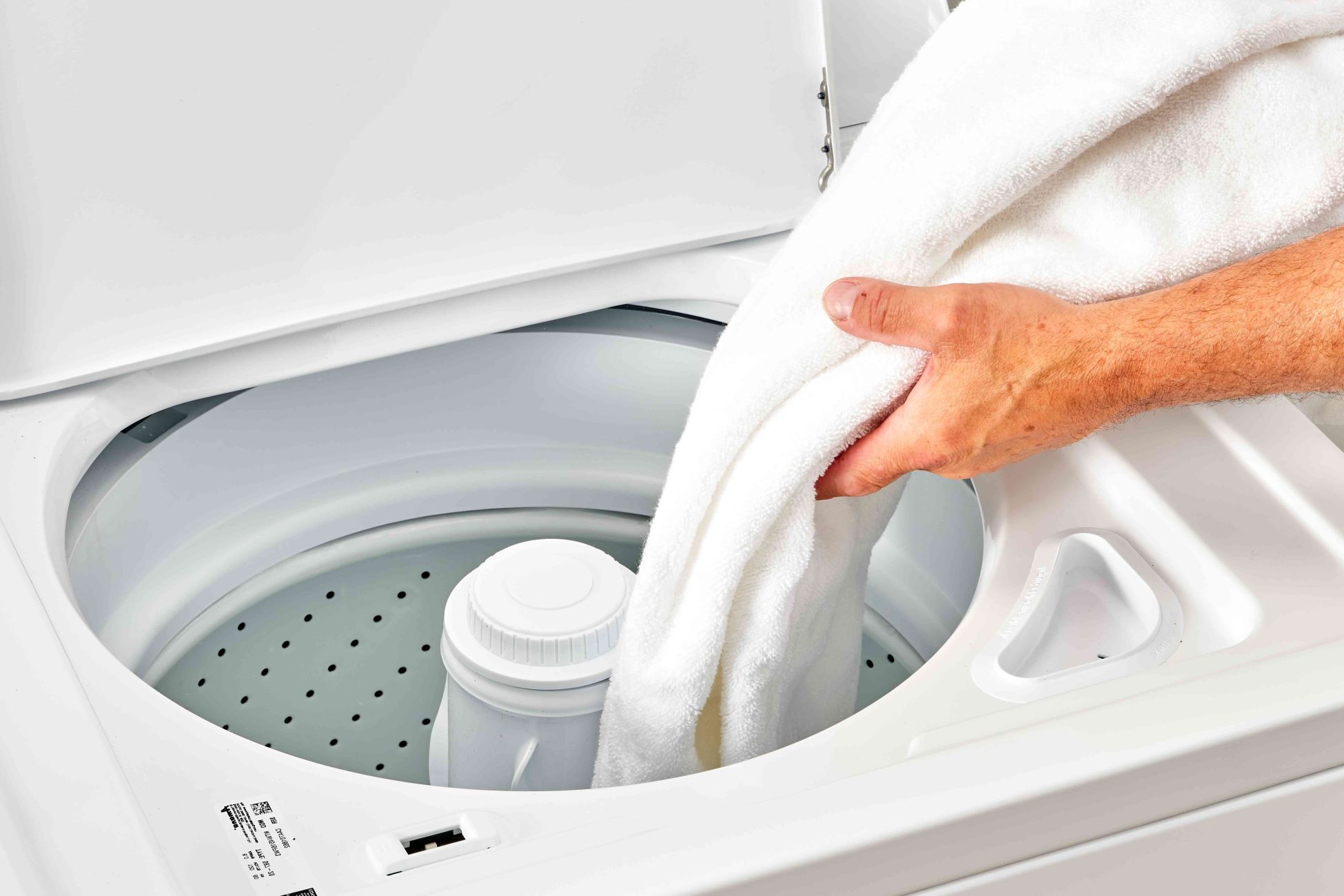

Laundry Appliances
How Long Does A Washing Machine Last On Average
Published: February 21, 2024
Discover the average lifespan of laundry appliances. Learn how long a washing machine typically lasts and how to maximize its longevity. Explore maintenance tips and replacement considerations.
(Many of the links in this article redirect to a specific reviewed product. Your purchase of these products through affiliate links helps to generate commission for Storables.com, at no extra cost. Learn more)
Introduction
Washing machines have become an indispensable part of modern life, revolutionizing the way we handle laundry. These appliances have significantly reduced the time and effort required for washing clothes, making them a valuable asset in any household. However, like all machines, washing machines have a limited lifespan, and understanding the factors that influence their longevity is crucial for maximizing their utility.
A washing machine's average lifespan is a common concern for many consumers, as it directly impacts their investment in this essential appliance. By delving into the various factors that affect a washing machine's longevity, we can gain valuable insights into how to extend its lifespan and make the most of this indispensable household appliance.
Key Takeaways:
- Washing machines last 10-15 years on average. To make yours last longer, do regular maintenance, use quality detergents, and avoid overloading. Taking care of it means it takes care of you!
- Look out for signs your washing machine needs replacing, like age, mechanical issues, decreased cleaning performance, vibrations, and rising utility bills. Addressing these signs early keeps your laundry routine smooth!
Read more: How Long Does A Whirlpool Washer Take
Factors Affecting the Lifespan of a Washing Machine
The lifespan of a washing machine is influenced by several key factors, each of which plays a significant role in determining how long the appliance will remain functional. Understanding these factors is essential for maintaining and maximizing the longevity of your washing machine.
-
Quality of Manufacturing: The quality of the washing machine itself is a critical factor in determining its lifespan. Machines constructed with durable materials and high-quality components are likely to last longer than those made with inferior materials.
-
Frequency of Use: The frequency with which a washing machine is used can impact its lifespan. Machines that are used excessively or for heavy-duty loads may experience more wear and tear, potentially shortening their operational lifespan.
-
Maintenance and Care: Regular maintenance and proper care are crucial for preserving the lifespan of a washing machine. Routine cleaning, inspection of hoses and connections, and addressing any issues promptly can significantly extend the appliance's longevity.
-
Water Quality: The quality of the water used in the washing machine can also affect its lifespan. Hard water, which contains high levels of minerals, can lead to mineral buildup in the machine, potentially causing damage over time.
-
Overloading: Overloading the washing machine with excessive laundry can strain its components and lead to premature wear. Adhering to the recommended load capacity can help prevent unnecessary stress on the machine.
-
Environmental Factors: The environment in which the washing machine is located can impact its lifespan. Exposure to extreme temperatures, humidity, or other adverse conditions may contribute to wear and deterioration of the appliance.
-
Type of Usage: The type of usage the washing machine undergoes can influence its longevity. For instance, machines used for delicate cycles and lighter loads may experience less strain compared to those used for heavy-duty or industrial purposes.
Understanding these factors and taking proactive measures to address them can help prolong the lifespan of a washing machine, ensuring that it continues to serve its purpose efficiently for years to come.
Signs Your Washing Machine May Need to be Replaced
As with any appliance, a washing machine will eventually reach the end of its operational lifespan. Recognizing the signs that indicate the need for a replacement is crucial for avoiding unexpected breakdowns and ensuring the continued efficiency of your laundry routine. Here are several indicators that your washing machine may need to be replaced:
-
Age of the Appliance: The age of your washing machine is a significant factor in determining whether it may need to be replaced. Most washing machines have an average lifespan of 10-15 years, and as they approach this age range, they are more prone to experiencing mechanical issues and reduced efficiency. If your washing machine is nearing or has surpassed this timeframe, it may be time to consider a replacement.
-
Persistent Mechanical Problems: Frequent breakdowns, recurring leaks, unusual noises during operation, or persistent malfunctions are clear signs that your washing machine's internal components may be deteriorating. While some issues can be repaired, a pattern of ongoing mechanical problems may indicate that the appliance is reaching the end of its serviceable life.
-
Decreased Cleaning Performance: Over time, a washing machine's cleaning performance may decline, resulting in clothes that are not as thoroughly cleaned as they should be. If you notice that your laundry is consistently coming out less clean or with lingering odors, despite proper usage and maintenance, it could be a sign that the washing machine's cleaning capabilities are diminishing.
-
Excessive Vibrations and Movement: Washing machines that exhibit excessive vibrations, shaking, or movement during the spin cycle may be experiencing internal imbalances or structural issues. While minor adjustments can sometimes resolve these problems, persistent instability may indicate underlying mechanical issues that warrant consideration for a replacement.
-
Rising Energy and Water Consumption: As washing machines age, they may become less energy and water-efficient, leading to increased utility costs. If you notice a significant rise in your energy or water bills without a corresponding change in usage habits, it could be a signal that your washing machine is no longer operating at peak efficiency.
-
Visible Wear and Tear: External signs of wear and tear, such as rust, corrosion, or cracks in the washing machine's body or drum, can indicate structural degradation. While cosmetic imperfections may not immediately impact functionality, extensive physical deterioration may signal that the appliance is reaching the end of its usable lifespan.
Recognizing these signs and assessing the overall condition and performance of your washing machine can help you make an informed decision about whether it is time to consider a replacement. By being proactive in addressing these indicators, you can avoid unexpected disruptions to your laundry routine and ensure that your household continues to benefit from the convenience of a reliable washing machine.
Regular maintenance and proper usage can help extend the life of a washing machine. On average, a well-maintained machine can last 10-15 years.
Tips for Extending the Lifespan of Your Washing Machine
Maintaining a washing machine in optimal condition is essential for maximizing its operational lifespan and ensuring consistent performance. By implementing proactive measures and adhering to best practices, you can significantly extend the longevity of your washing machine. Here are valuable tips to help you preserve the functionality and efficiency of your appliance:
-
Regular Maintenance: Schedule routine maintenance for your washing machine, including cleaning the drum, inspecting hoses and connections, and addressing any issues promptly. Regular maintenance can prevent the accumulation of debris, mold, and mineral deposits, which can compromise the machine's performance and durability.
-
Proper Loading: Adhere to the recommended load capacity to prevent overloading, which can strain the machine's components and lead to premature wear. Distribute the laundry evenly within the drum to maintain balance during the spin cycle, reducing stress on the appliance.
-
Balanced Installation: Ensure that your washing machine is installed on a level surface to minimize vibrations and movement during operation. Imbalanced installations can lead to excessive wear on internal components and may cause structural damage over time.
-
Quality Detergents: Use high-quality detergents and fabric softeners suitable for your washing machine and the type of laundry being washed. Avoid overusing detergents, as excessive suds can put a strain on the machine and lead to residue buildup.
-
Water Quality Management: If your area has hard water, consider using water softeners or descaling agents to minimize mineral buildup in the washing machine. Hard water can lead to scaling and clogging, affecting the appliance's efficiency and longevity.
-
Proper Ventilation: Ensure that the area around the washing machine is well-ventilated to prevent humidity and moisture buildup. Excessive moisture can promote mold growth and corrosion, potentially impacting the machine's internal components.
-
Prompt Repairs: Address any mechanical or operational issues promptly to prevent minor problems from escalating into major malfunctions. Timely repairs and part replacements can help maintain the overall health of the washing machine.
-
Optimal Temperature Settings: Use appropriate temperature settings for different types of laundry. Avoid subjecting the machine to extreme temperature differentials, as this can affect its internal components and overall performance.
By incorporating these tips into your washing machine maintenance routine, you can effectively prolong its operational lifespan and enjoy continued efficiency in your laundry tasks. Taking proactive steps to care for your washing machine not only extends its longevity but also ensures that it remains a reliable and valuable asset in your household for years to come.
Conclusion
In conclusion, understanding the average lifespan of a washing machine and the factors that influence it is essential for homeowners seeking to maximize the longevity and efficiency of this indispensable appliance. By recognizing the impact of manufacturing quality, usage patterns, maintenance practices, water quality, and environmental factors, individuals can take proactive measures to extend the lifespan of their washing machines.
Recognizing the signs that indicate a washing machine may need to be replaced, such as age-related issues, persistent mechanical problems, decreased cleaning performance, excessive vibrations, rising energy and water consumption, and visible wear and tear, empowers homeowners to make informed decisions about the maintenance or replacement of their appliances. By addressing these indicators in a timely manner, individuals can avoid unexpected disruptions to their laundry routines and ensure the continued reliability of their washing machines.
Moreover, implementing best practices for extending the lifespan of a washing machine, including regular maintenance, proper loading, balanced installation, use of quality detergents, water quality management, proper ventilation, prompt repairs, and optimal temperature settings, can significantly contribute to the appliance's longevity and sustained performance. By integrating these tips into their washing machine care routines, homeowners can preserve the functionality and efficiency of their appliances, ultimately maximizing their investment and utility.
In essence, the average lifespan of a washing machine, which typically ranges from 10 to 15 years, can be influenced by various factors and indicators. By staying attuned to these considerations and implementing proactive maintenance and care practices, homeowners can ensure that their washing machines continue to serve their households reliably and efficiently for years to come. With a combination of awareness, proactive maintenance, and timely decision-making, individuals can optimize the lifespan of their washing machines, enhancing the convenience and functionality of their daily laundry routines.
Frequently Asked Questions about How Long Does A Washing Machine Last On Average
Was this page helpful?
At Storables.com, we guarantee accurate and reliable information. Our content, validated by Expert Board Contributors, is crafted following stringent Editorial Policies. We're committed to providing you with well-researched, expert-backed insights for all your informational needs.
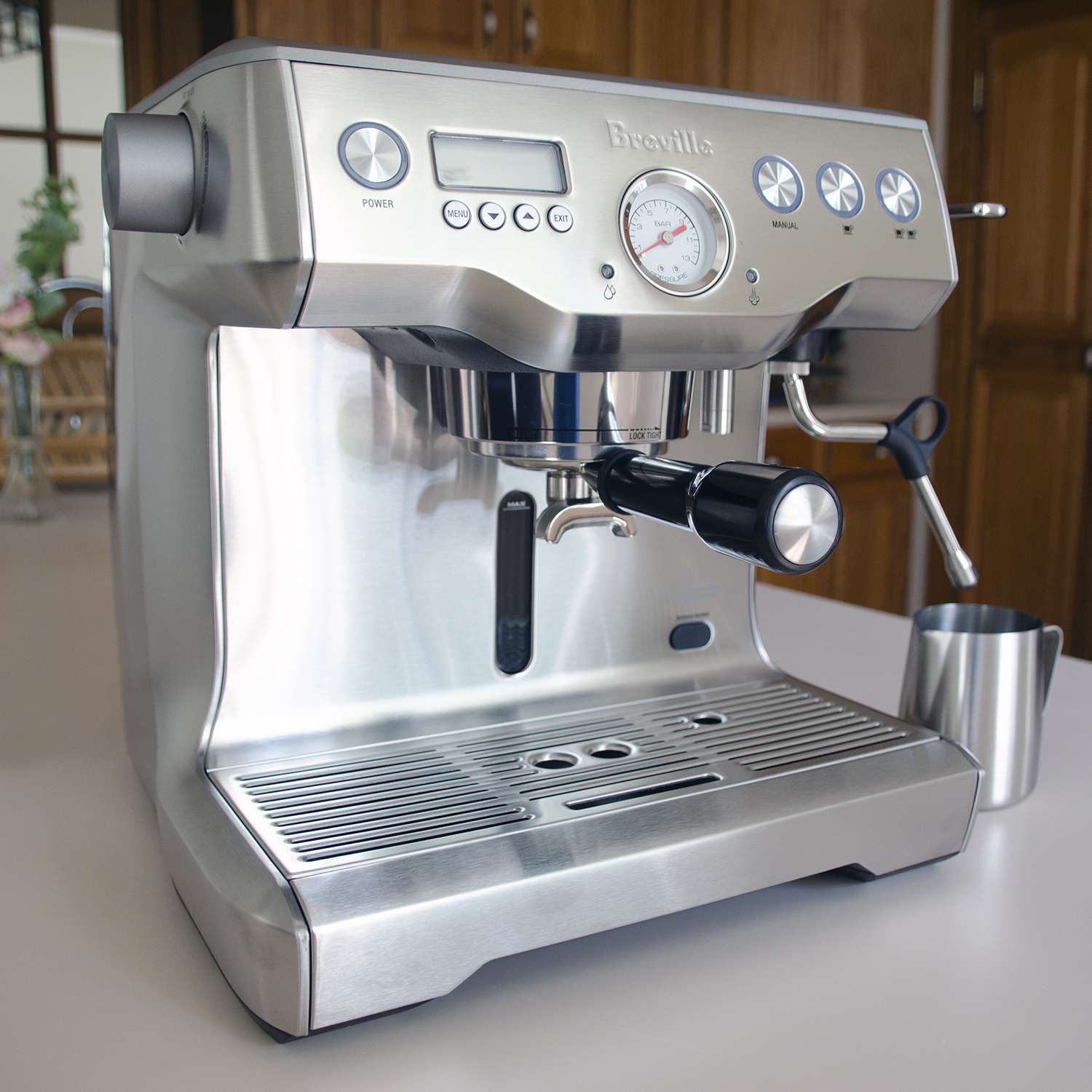
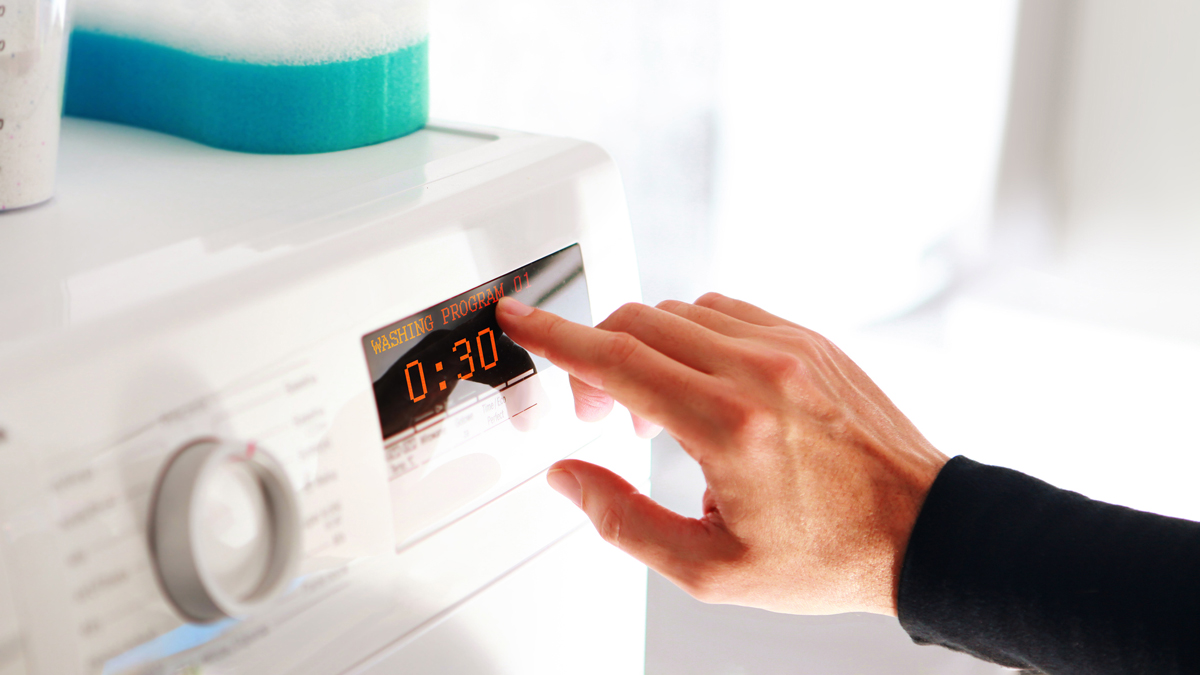
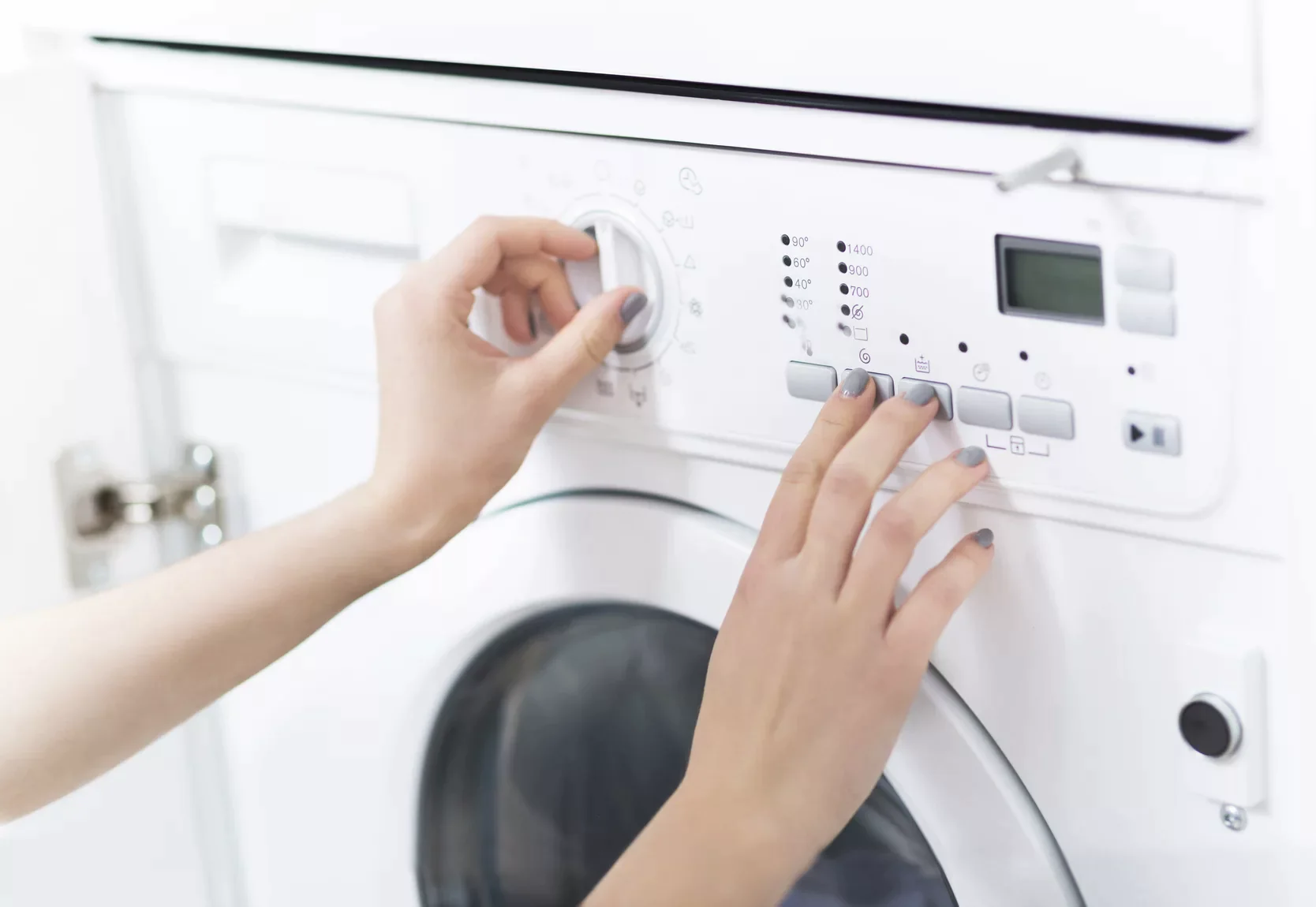
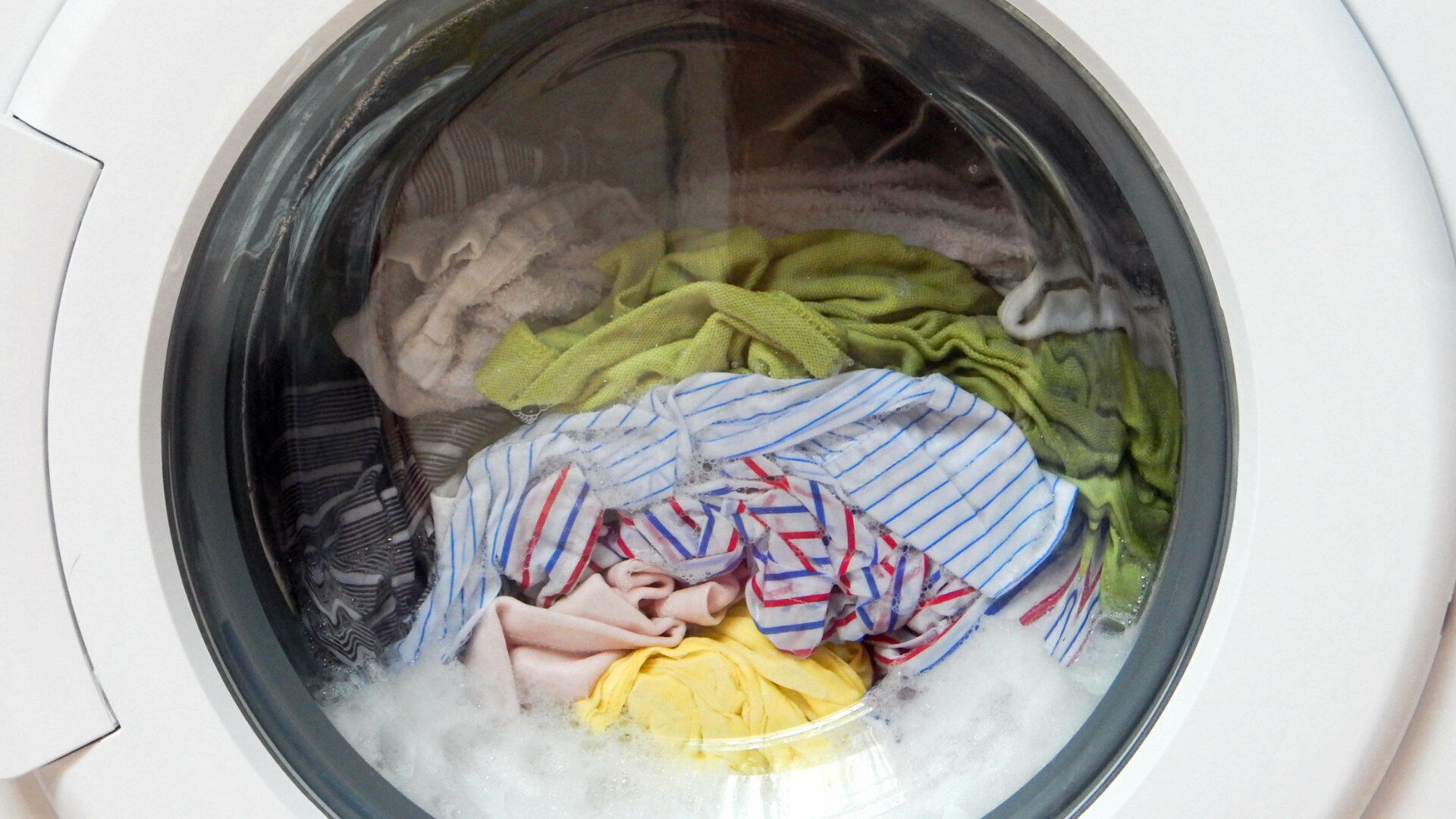
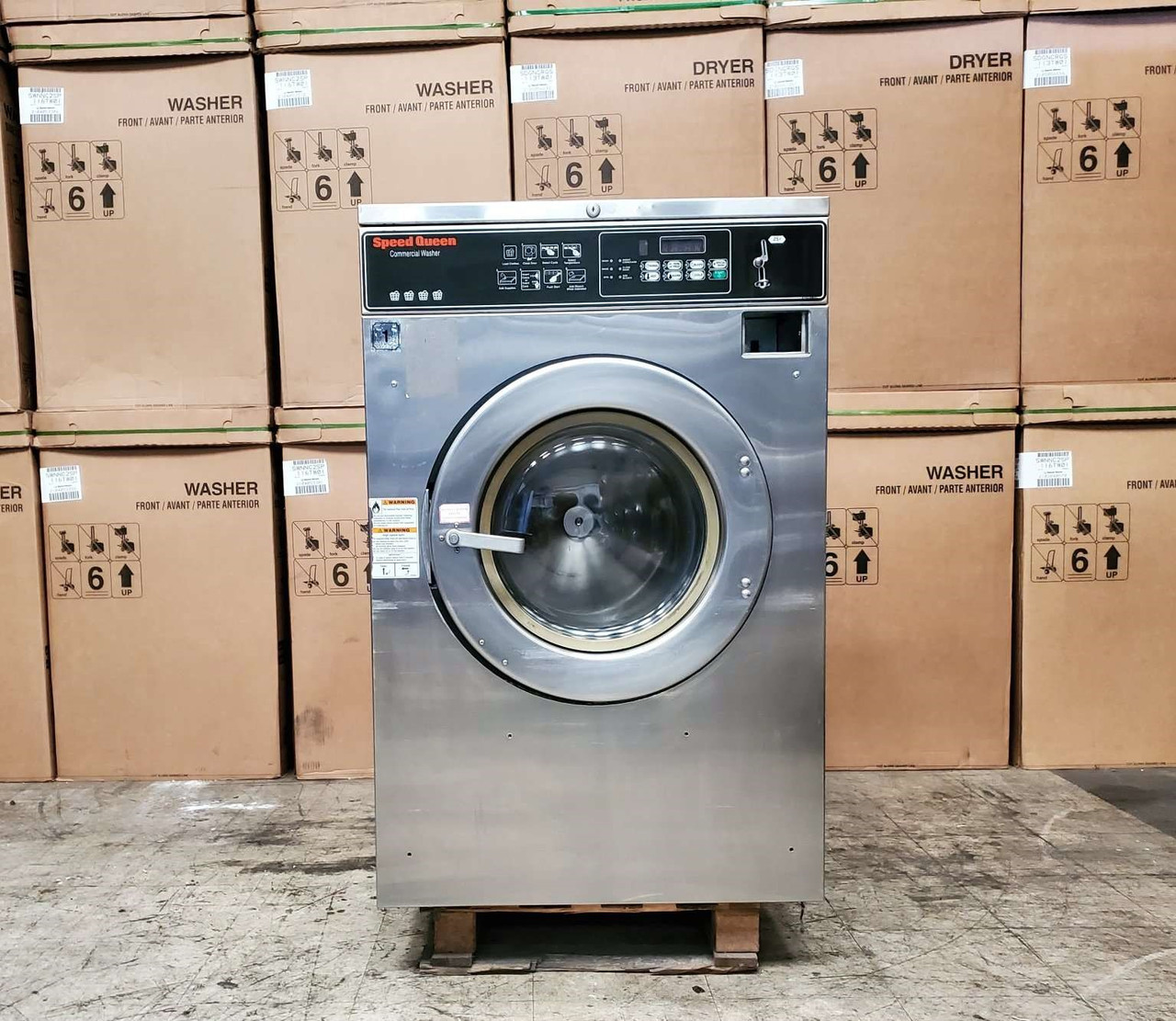
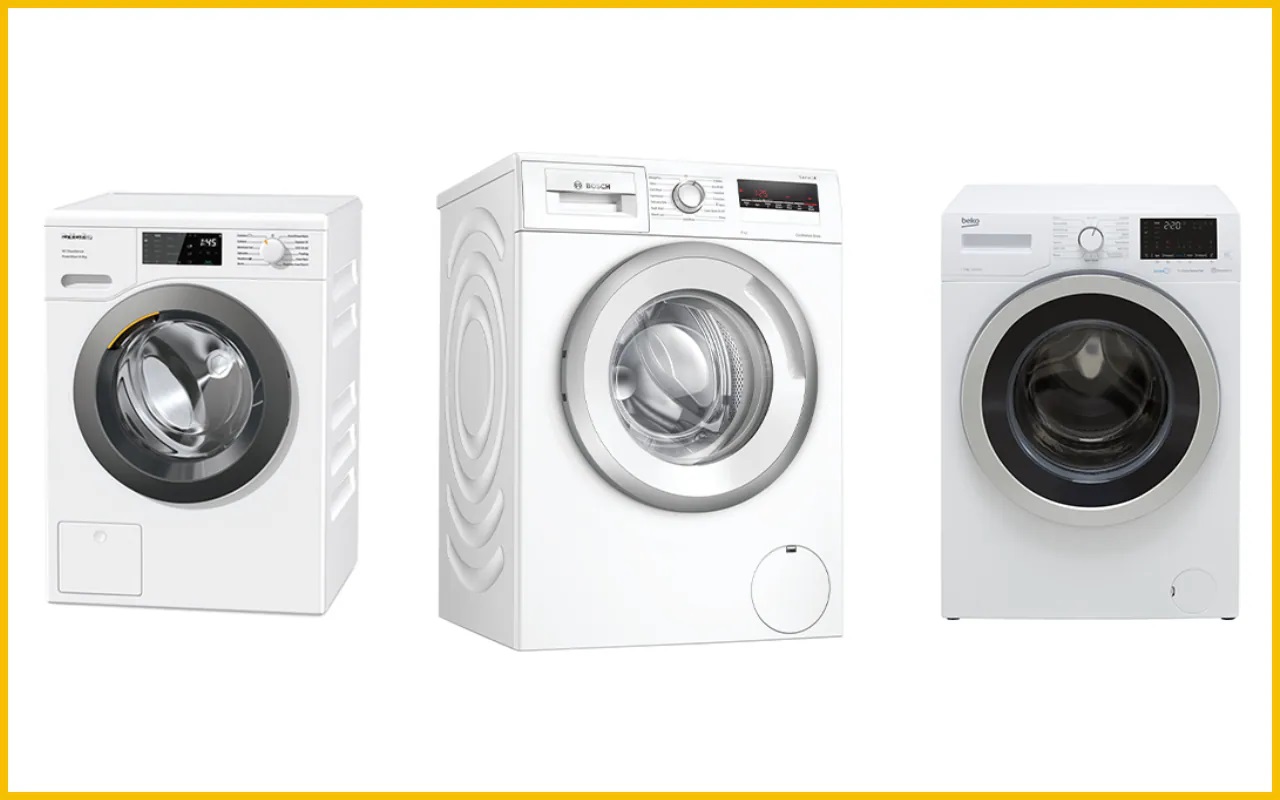







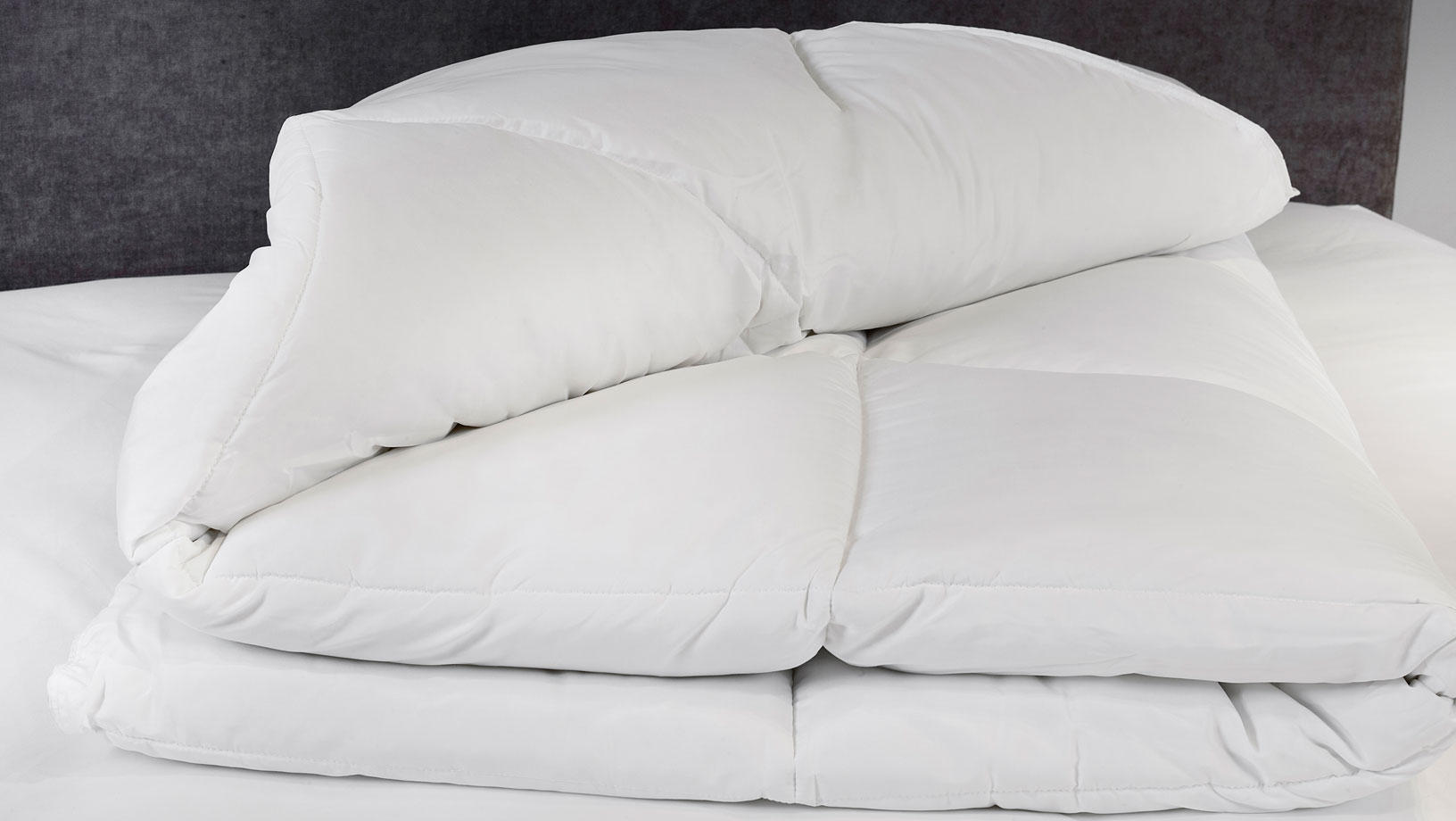


0 thoughts on “How Long Does A Washing Machine Last On Average”